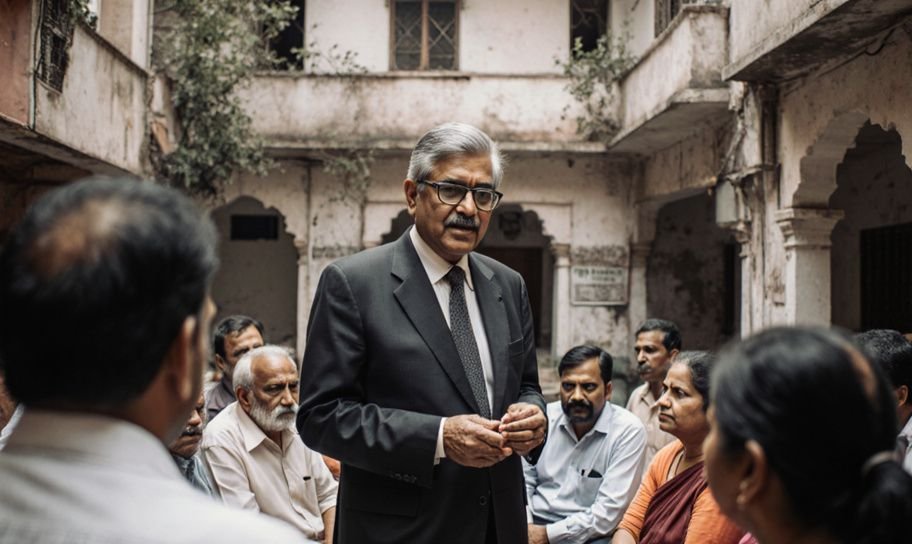
Summary: The Bombay High Court has decided that the heirs of Dr. Harshad Pandya can use extra building rights, confirming the agreements made with the Linking Road Housing Society.
This case is about the Linking Road Housing Society in Mumbai, which had given extra building rights to Dr. Harshad Pandya, one of the original members. After he passed away, his heirs continued the legal fight to keep these rights.
In 1988, the society decided to use extra building space allowed by the city by asking for bids. Dr. Pandya offered the most money, agreeing to pay Rs. 7,00,000 for the building rights.
"The society decided to use the extra building space to build a house within the society’s area."
When government rules changed, the original building rights were no longer valid. However, the society let Dr. Pandya use a different kind of building right called Transferable Development Rights (TDR), which was added to the agreements.
"The society allowed him to use up to 2700 square feet of TDR, with an option to use more by paying Rs.100 per square foot."
The society later tried to cancel these agreements, leading to a court case. The Cooperative Court decided in favor of Dr. Pandya's heirs, and this decision was supported by the Cooperative Appellate Court.
"The Cooperative Court decided both issues in favor of Dr. Pandya's heirs."
The High Court looked into whether the deal was part of the society's activities and if it was related to membership rights. It decided that the agreements were valid.
"The deal was within the society’s internal rules and not with someone from outside."
The High Court confirmed that the agreements were made correctly and should be followed, rejecting the society's objections.
"The society must follow the agreements and take all necessary steps to make the agreements work within three months."
This judgment shows how important it is to follow society decisions and the legal strength of agreements made within cooperative societies.